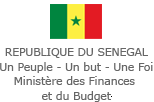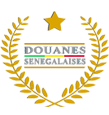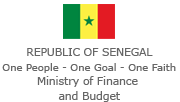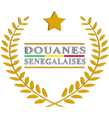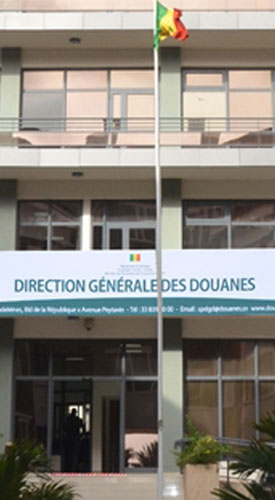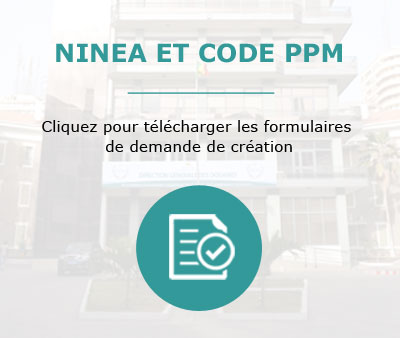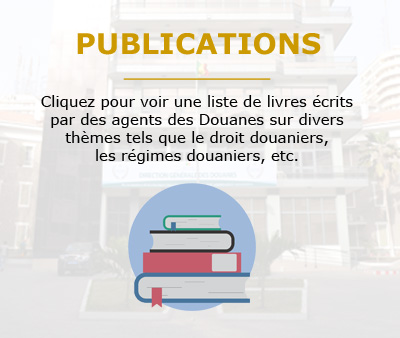It was established by the additional act n° 04/96. It goal is to harmonize and intensify commercial trade between WAEMU country-members. It defines the applicable customs’ on products coming from the Union. However, one should note that the rules of origin have changed: the notion of raw product, traditional crafts and registered or non-registered originating industrial products, previously used to define the origin, were replaced by those of products entirely made within the WAEMU and products that have undergone substantial working or sufficient processing. These new rules introduced by the additional protocol n° 03/2001 of the December 19th 2001 took effect on January 1st 2003.
Wholly obtained products
They are part of a limited list including living animals born or raised in one of the member states as well as their products, vegetable products collected in member states, fish products and other sea derived products by shuttles of member states, extracted mineral products from the soil or territorial waters or from deep seas and oceans of the member states.
Products that have undergone substantial working or sufficient processing
These are products whose working or processing leads to :
- Either a change in tariff subheading in one of the four first numbers (except for products resumed on a list of exceptions).
Those products are free of admission duties, when imported in member states (including the statistical charge) applicable to same type products imported from third countries, except for internal taxes where appropriate (specifics or ad valorem) required for identical or similar products, locally made or imported.
- Either an added community value exceeding or equal to 30% of the ex-factory price of the concerned products.
These products can be registered to the Preferential Community Tax (TPC in French) whose rate is actually at 0%. Such case is equivalent to a claim exemption of duties and tax entrance fees (including the statistical charge), except for internal taxes where appropriate (specifics or ad valorem) which are required.
- Once completed, the accreditation files is handed to the Directorate of the Industry (Ministry of Industry and Handicrafts). The package comprises of :
-
- An accreditation request for the TPC addressed to the WAEMU Commission.
- A document presenting the company’s features ;
- A document presenting the product’s features made by the requesting (fabrication drawing ) ;
- A document presenting information about the processing.
The TPC accreditation is granted by the WAEMU, after examination of the files and member states’ experts’ opinion.
Notice: when not registered, these products continue to benefit from a 5% reduction on customs duties (DD) on duty rate applicable to third countries’ imported products in, when imported in a member states.
